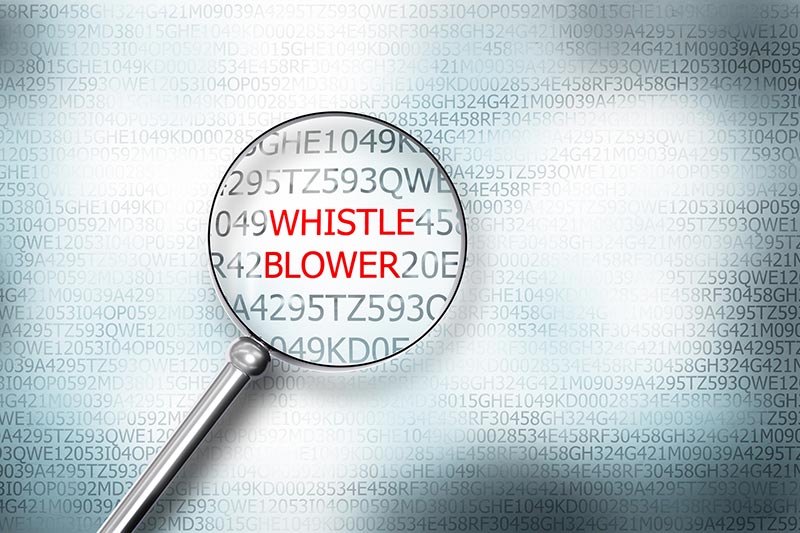A False Claims Act (FCA) lawsuit against Walgreens was recently dismissed by the Southern District of Texas because the claim was not specific enough. The lawsuit was brought by a pharmacist who worked for the pharmacy giant and alleged that her employer submitted false claims to Medicare and Medicaid.
False Claims Act
The FCA makes it illegal to knowingly submit false or fraudulent claims for payment to the federal government. Under the FCA’s qui tam provision, private citizens can file whistleblower lawsuits on behalf of the government against alleged violators and share in the payout if the case is successful. In FY 2020, the government recovered $2.2 billion in FCA settlements and judgments, more than $1.8 billion of which involved the healthcare industry. The vast majority of FCA lawsuits are originated by whistleblowers, who accounted for about 73 percent of the cases filed in FY 2020.
The Lawsuit
Bridgette Jacobs, a pharmacist who had worked for Walgreens since 2002, sued the company in December 2019, alleging that her employer violated the FCA, as well as the Texas Medicaid Fraud Prevention Act, by submitting claims to Medicare and Medicaid for medications that were either not prescribed or incorrectly dosed, and by failing to report or correct those errors.
Jacobs’ complaint included 10 examples in which she alleged Walgreens filled prescriptions and fraudulently billed federal and state healthcare programs. However, District Court Judge David Hittner disagreed with her characterization of Walgreens’ actions as false claims. The judge stated in his order that half of the 10 instances simply involved pharmacists’ errors. In three of the other instances, he wrote, pharmacists filled valid prescriptions but failed to verify the prescriptions with the practitioner who wrote them.
The judge further stated that Jacobs failed to specify who at Walgreens submitted the allegedly fraudulent claims or who failed to correct them after they were submitted.
“Rather, she generally alleges ‘Walgreens’ or Walgreens’s pharmacists incorrectly dispensed medication and billed Medicare or Medicaid,” the judge wrote, noting that these allegations did not rise to the level of fraud under the FCA or Texas Medicaid Fraud Prevention Act.
Lack of Particularity
Walgreens moved for dismissal in May 2020, citing Federal Rules of Civil Procedure Rule 9(b), which requires that a party alleging fraud must state with particularity the circumstances constituting fraud.
The judge denied the motion, giving Jacobs an opportunity to add specificity to her claims of fraud. However, Jacobs’ amended complaint, which was filed in January 2021, did not include further details or particularity about the alleged fraud. Walgreens again filed a motion to dismiss, and this time, Judge Hittner granted the motion, in July 2021.
Rule 9(b) and the FCA
False Claims Act cases are subject to the Federal Rules of Civil Procedure, including Rule 9(b). As such, complaints in FCA cases must “identify ‘the who, what, when, where, and how of the misconduct charged,’ as well as ‘what is false or misleading about [the purportedly fraudulent] statement, and why it is false.’” Cafasso ex rel. United States v. General Dynamics C4 Systems, Inc., 637 F.3d 1047, 1055 (9th Cir. 2011).
The purpose of the Federal Rules of Civil Procedure, which is adopted by all federal courts, is to provide some uniformity to procedures. However, Rule 9(b) as it pertains to FCA cases has been interpreted differently by different judges and circuits, with some circuits adhering to stricter standards for requiring more particulars than others. However, the Supreme Court has declined several opportunities to weigh in on differences in interpretation of Rule 9(b).
The Takeaway
By allowing whistleblowers to share in payouts when cases are successful, the FCA’s qui tam provision encourages people to come forward and report fraud against government programs. However, while there are some differences in how the courts interpret Rule 9(b), whistleblowers must comply with specificity requirements in order to prevail.

